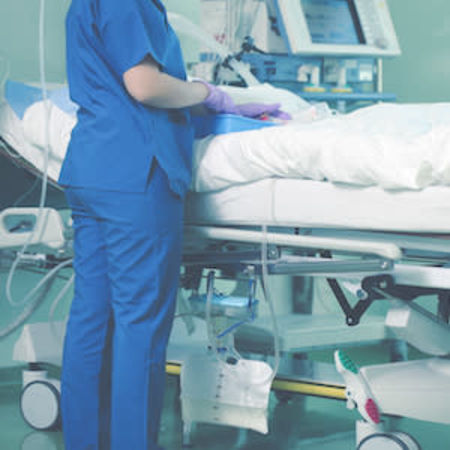Mechanical ventilation is crucial for supporting critically ill patients, and a timely extubation strategy is essential for improved patient outcomes. Despite standard weaning procedures, a significant percentage of patients (3-20%) require reintubation. Post-extubation respiratory failure can cause respiratory fatigue, requiring additional mechanical ventilation. This results in prolonged ICU stay, increased costs, and increased in-hospital mortality.
The time definition of reintubation varies in the literature. Current international guidelines are based on reintubation within 48 hours. However, various clinical trials have used different timeframes, including 48-72 hours. This discrepancy in the time definition of reintubation can have significant implications for patient outcomes and guideline development for critically ill patients. Therefore, it's important to investigate the timing of reintubation and define the necessary observation period after extubation.
A recent study explores the association between reintubation and patient outcomes and the consequences of the time elapsed between extubation and reintubation. The study included critically ill adult patients who received mechanical ventilation and extubation in ICUs. The primary and secondary outcomes were in-hospital and ICU mortality.
One hundred eighty-four thousand seven hundred five patients across 75 ICUs were screened. One thousand eight hundred forty-nine patients underwent reintubation among 48,082 who had been extubated. Findings showed a significant association between reintubation and increased in-hospital and ICU mortality.
Most reintubations occurred within 24 hours (56.1%), followed by 24–48 hours (22.6%), 48–72 hours (10.7%), 72–96 hours (6.0%), and 96–120 hours (4.6%). The analysis showed that in-hospital and ICU mortality rates were highest in patients reintubated at 72–96 hours.
Overall, findings from this study show that reintubation was linked with a significant increase in both in-hospital and ICU mortality. The highest mortality rates were found in patients who underwent reintubation between 72 and 96 hours following extubation. There is a need for further research to determine the most suitable monitoring and management practices for extubated patients in clinical settings to improve mechanical ventilation protocols and patient outcomes.
Source: Critical Care
Image Credit: iStock


























